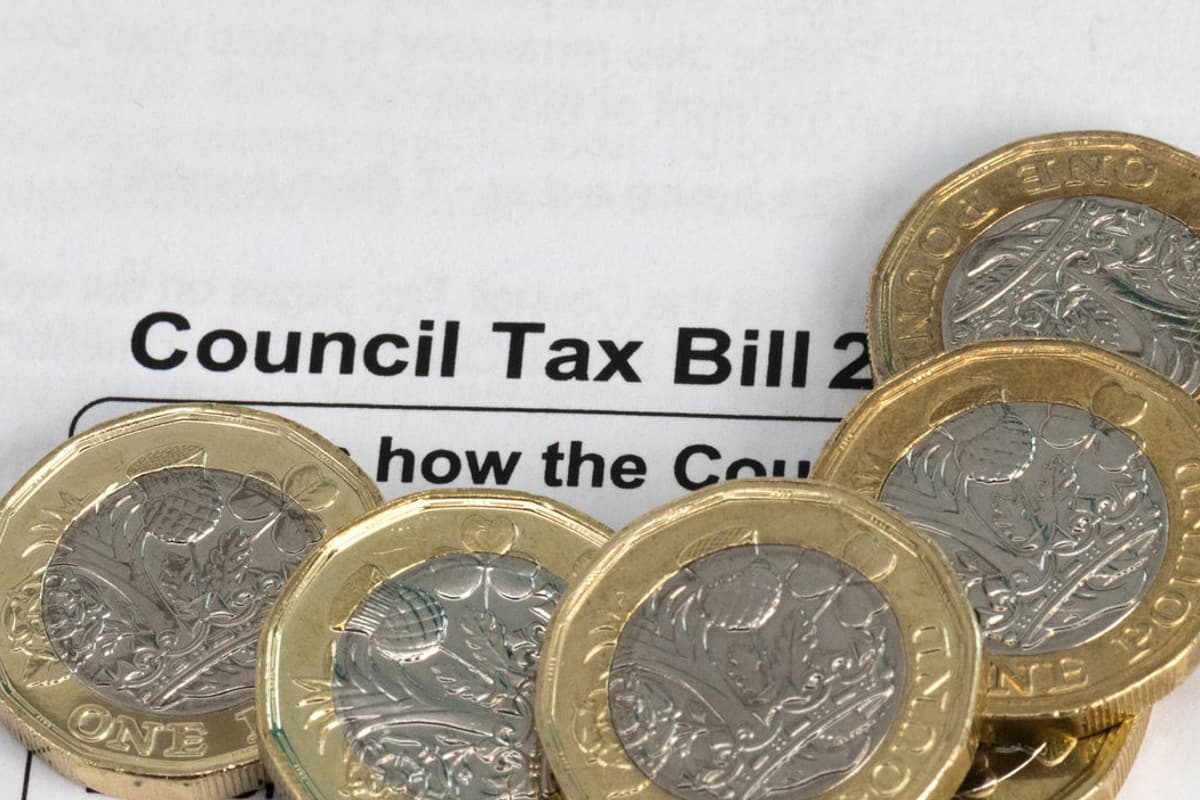Council tax fraud increases

Local authorities have detected an increase in council tax fraud according to the CIPFA fraud and corruption tracker 2019, which can be downloaded here.
Council tax fraud now represents 78% of local government fraud. The other main areas of fraud are disabled parking (blue badge), housing fraud and business rates fraud. The total value of fraud detected by local authorities nationwide was £253m.
Council tax fraud
There was a total of 55,855 instances of council tax fraud and this amounted to £30.6 million over the past year.
This is further broken down into the following types of fraud:
- Single person discount: £19.4m
- Council tax reduction: £7.2m
- Other: £4.0m
The biggest growth area for fraud is the single person discount. Single person discounts are in fact the third most prevalent kind of fraud carried out in the UK. This could be accidental, a partner moves in and updating the council isn’t on the radar or it could be a deliberate act of fraud.
Housing and tenancy fraud
There were 3,632 instances of housing fraud amounting to a total of £135.6 million over the past year.
The most common types of fraud are false applications for housing benefit, illegal subletting and false right to buy applications.
Business rates fraud
Business rates fraud represents an estimated 2% of fraud cases and incorporates failure to list a property as a business address and fraudulent applications for exemptions. Cases are usually only discovered when someone visits the business premises.
How fraud is being detected within local authorities
- Shared services counter fraud structures
- Qualified investigators
- Fraud awareness training
- Sharing of fraud-related data both internally and externally
- Online tools
- Whistleblowing policies and procedures
- Ability to report anonymously online or on the phone
- Visits to business premises
- Data matching with credit referencing agencies
- Use of technology and working with third parties
- National Fraud Initiative (NFI) Cabinet Office approved data matching service
Penalties
Penalties for fraud range from a loss of benefits for three years to repayment of overpaid benefit and prosecution, a criminal record and sometimes a prison sentence.
There is no time limit for recovering benefit overpayment that results from benefit fraud and investigations can take place years after the alleged fraud took place. There is however a 6 year time limit for taking court action to recover payments.



